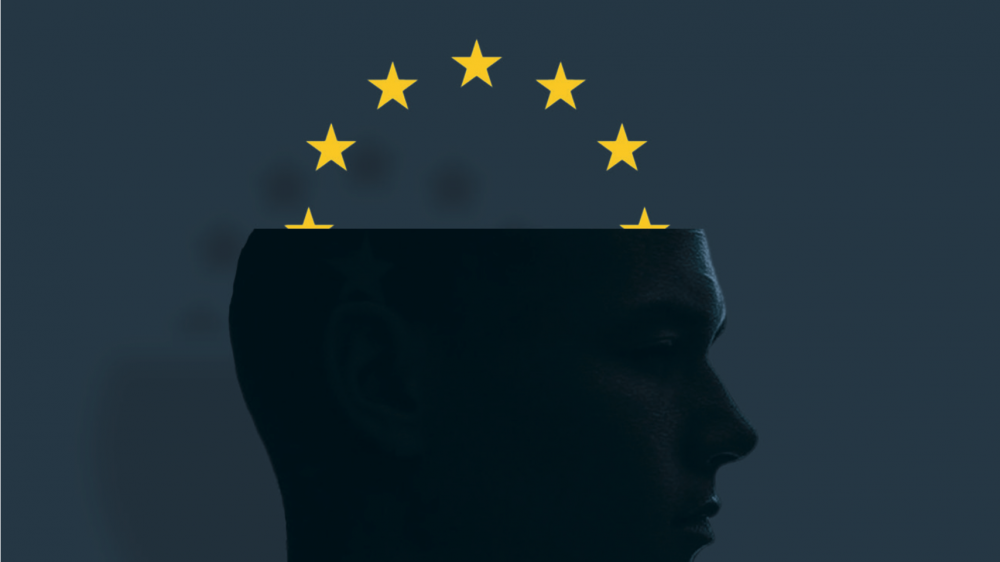This report exposes a covert campaign conducted by the European Commission to regulate the boundaries of legitimate public debate in Europe.
It uncovers how the Commission has funded hundreds of unaccountable non-governmental organisations (NGOs) and universities to carry out 349 projects related to countering ‘hate speech’ and ‘disinformation’ to the tune of almost €650million. Taxpayers’ money has been consciously used to fund an Orwellian disinformation complex to dictate and control the language of public debate.
This narrative-driven crusade hides how the Commission is engaged in a systematic assault on free speech in Europe.
The EU is engaged in a silent war to regulate language and, through this, the de-legitimisation of alternative narratives, like the rising tide of populist opposition. This is a battle over language and the legitimacy to dictate the terms of public communications. It is a top-down, authoritarian, curated consensus, where expression is free only when it speaks the language of compliance established by the Commission.
These projects – while framed in the language of digital safety, empowerment and democratic participation – are designed to construct an ideological infrastructure for controlling political narratives and shaping public opinion across the continent.
At the heart of this regime is an unofficial yet systematically constructed network dedicated to shaping European thought to delegitimise populist opposition. Controlling the language provides an infrastructure of political control, a semi-invisible censorship apparatus.
The Commission uses ambiguous, euphemistic terms like ‘deliberative democracy’, ‘co-creation’, ‘capacity building’, ‘awareness raising’ and ‘fact-checker-in-the-loop’ to disguise its top-down narrative enforcement. Far from engaging in open dialogue, these terms sanitise coercive speech control as technocratic efficiency. They justify the increasing deployment of algorithms rather than human judgement to dictate what is truth or lies, information or disinformation, and who can speak in public. What is presented as neutral ‘research’ is often the ritual confirmation of preordained political assumptions, with academia, NGOs and media partners financially incentivised to legitimise the narrative of the Commission’s institutionalisation of speech regulation.
This report is not merely an exposé of financial misuse but a democratic intervention. It challenges the moral and intellectual legitimacy of the EU’s assault on speech, showing how language has become the software infrastructure of control. When the Commission defines what may be said, who may say it and how it must be framed, they do not protect democracy but undermine it. Once the cornerstone of European identity, free expression is buried beneath the soothing language of trust, safety and cohesion, while those who speak against this process are silently erased.
While exposing how taxpayer money is being used without any public accountability is essential, exposing the language war is even more so. This report is a necessary act of democratic vigilance. When language is narrowed, softened, obfuscated or stripped of meaning, so is the possibility of resistance and the development of alternatives. This report aims to sound the alarm about how the Commission fatally undermines free speech and democracy in the name of democracy and free expression.
